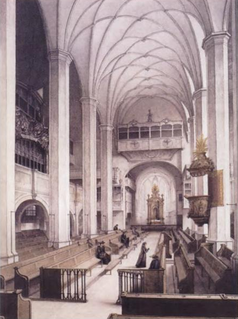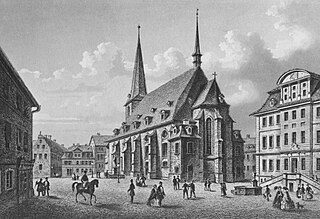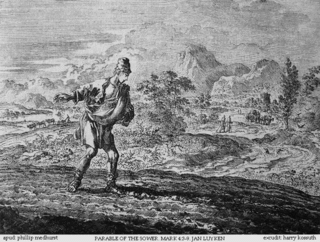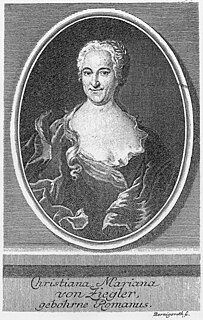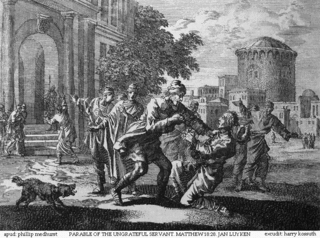| Marjon Strijk | |
|---|---|
| Born | Netherlands |
| Occupation | Classical soprano |
| Website | www |
Marjon Strijk is a Dutch classical soprano. She is focused on Renaissance and Baroque music. She has recorded Bach cantatas with the Holland Boys Choir, conducted by Pieter Jan Leusink.
A soprano[soˈpraːno] is a type of classical female singing voice and has the highest vocal range of all voice types. The soprano's vocal range (using scientific pitch notation) is from approximately middle C (C4) = 261 Hz to "high A" (A5) =880 Hz in choral music, or to "soprano C" (C6, two octaves above middle C) =1046 Hz or higher in operatic music. In four-part chorale style harmony, the soprano takes the highest part, which often encompasses the melody. The soprano voice type is generally divided into the coloratura, soubrette, lyric, spinto, and dramatic soprano.

Renaissance music is vocal and instrumental music written and performed in Europe during the Renaissance era. Consensus among music historians has been to start the era around 1400, with the end of the medieval era, and to close it around 1600, with the beginning of the Baroque period, therefore commencing the musical Renaissance about a hundred years after the beginning of the Renaissance as it is understood in other disciplines. As in the other arts, the music of the period was significantly influenced by the developments which define the Early Modern period: the rise of humanistic thought; the recovery of the literary and artistic heritage of Ancient Greece and Ancient Rome; increased innovation and discovery; the growth of commercial enterprises; the rise of a bourgeois class; and the Protestant Reformation. From this changing society emerged a common, unifying musical language, in particular, the polyphonic style of the Franco-Flemish school, whose greatest master was Josquin des Prez.

Baroque music is a period or style of Western art music composed from approximately 1600 to 1750. This era followed the Renaissance music era, and was followed in turn by the Classical era. Baroque music forms a major portion of the "classical music" canon, and is now widely studied, performed, and listened to. Key composers of the Baroque era include Johann Sebastian Bach, Antonio Vivaldi, George Frideric Handel, Claudio Monteverdi, Domenico Scarlatti, Alessandro Scarlatti, Henry Purcell, Georg Philipp Telemann, Jean-Baptiste Lully, Jean-Philippe Rameau, Marc-Antoine Charpentier, Arcangelo Corelli, Tomaso Albinoni, François Couperin, Giuseppe Tartini, Heinrich Schütz, Giovanni Battista Pergolesi, Dieterich Buxtehude, and Johann Pachelbel.



